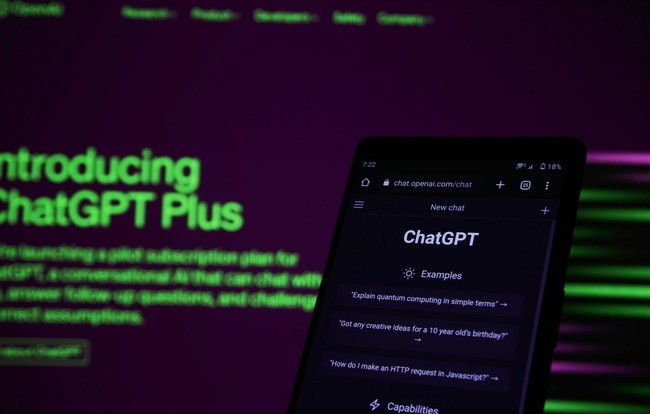
In the fiercely competitive field of generative AI chatbots, Google has introduced Gemini, the newest player to challenge ChatGPT's hegemony. After introducing it as Bard in early 2023, Google modified its language model. Now, it is in competition with ChatGPT to become the leading chatbot in the field of generative AI.
It is important to examine the subtle differences between these two titans as they compete for power. Both ChatGPT and Gemini are potent large language models (LLMs), and the deployment of such models by OpenAI is a milestone development in the generative AI space. This is what sets them apart from all the previous trials and leaves open the possibilities of understanding and processing language naturally.
A Clash of Titans
The heart of these chatbots lies in their language models. ChatGPT relies on either GPT-4 or GPT3.5, depending on the user's subscription tier. On the other side of the ring, Gemini operates with the Gemini language model, with Gemini Ultra catering to those opting for the Advanced service. The distinction in user experience becomes evident as ChatGPT excels in facilitating conversations and problem-solving, simulating interactions with subject matter experts.
In contrast, Gemini leans towards information processing and task automation, aiming to enhance user efficiency.
From a technical perspective, the number of parameters within the neural network determines the model's power. GPT-4 reportedly boasts around a trillion parameters, providing formidable computational capabilities. In the case of Gemini, the exact specifications remain undisclosed. However, qualitative metrics often overshadow technical specifications in the evaluation of large language models.
The Battle of the Web Search
A crucial aspect of these AI chatbots is their ability to retrieve information, especially from the vast expanse of the internet. Gemini takes the lead in online searching, effortlessly integrating information from the internet, Google's vast knowledge graph, and its training data. This dynamic approach provides users with up-to-date and comprehensive responses.
In comparison, ChatGPT primarily relies on its training data, occasionally resulting in outdated information. Gemini's prowess in dynamic online searching gives it a slight edge in this domain, offering users a seamless experience with real-time data.
Processing Beyond Text
The evolution of AI is marked by its transition from processing mere text to embracing multi-modal capabilities. Both ChatGPT and Gemini exhibit this prowess, processing not only text but also visual and audio data. ChatGPT utilizes the DALL-E model for image generation, showcasing its ability to translate prompts into visual representations.
On the other hand, Gemini employs Google's Imagen 2 engine, excelling in producing photorealistic and highly detailed images. The distinction in image generation becomes apparent as ChatGPT focuses on spatial relationships and creative interpretation of prompts.
In conclusion, the battle between ChatGPT and Gemini reflects the ongoing evolution of AI technologies, each with its strengths and nuances. Users seeking a well-rounded and conversational experience may find ChatGPT more aligned with their needs, while Gemini caters to those prioritizing extensive web searches and intricate image generation.
The competition between these AI giants continues to drive advancements, promising an exciting future for generative AI. As technology progresses, users can anticipate further refinements, making AI chatbots indispensable companions in various applications.
Related Article : Google Unveils Gemini: Bard AI Chatbot Gets Rebranded With A Dedicated Android App
© Copyright 2025 Mobile & Apps, All rights reserved. Do not reproduce without permission.
















